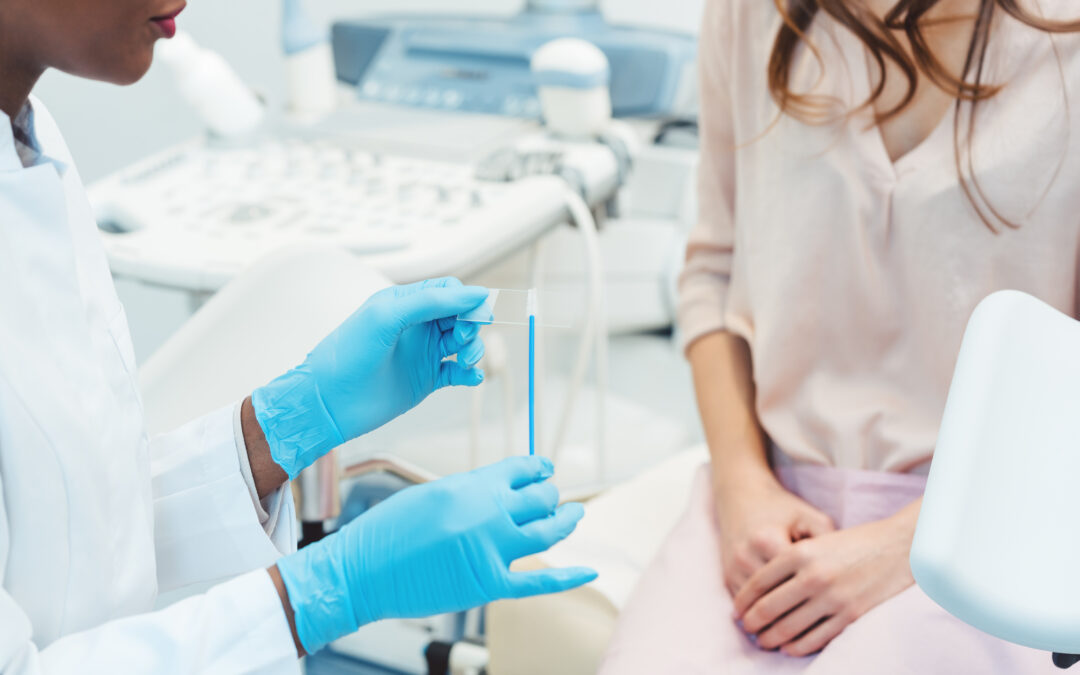Mycoplasma genitalium is a sexually transmitted bacterium that affects both men’s and women’s urinary and reproductive tracts. It’s often referred to as Mgen or M genitalium.
Mycoplasma genitalium often has the same symptoms as chlamydia, and like chlamydia, it affects the urethra, vagina, cervix, anus and throat.
How do I know if I have Mycoplasma genitalium?
As with many other STIs, Mgen can be asymptomatic, particularly in women. Some people may be infected for years and risk infecting others. If you are sexually active and have more than three sexual partners each year, we urge you to have regular screening to ensure good sexual health and help prevent the spread of STIs. Importantly, the NHS only started screening for M Gen routinely in the past year, so if you have not been screened since then, you might not have been tested for it at all.
What are the symptoms of Mycoplasma genitalium?
If you are experiencing symptoms, they are likely to present as –
- The majority of infections have no symptoms ( asymptomatic)
- Pain when urinating
- Urethral discharge
- Pain in the testicles
- Pain during sex
- Vaginal bleeding after sex
- Itching
- Discomfort and/or discharge from the anus (if you have participated in anal sex)
If you are experiencing any of the above, you must get yourself tested as soon as possible.
Does Mycoplasma genitalium cause long term damage?
Very little is known about the long terms effects of Mycoplasma genitalium, and studies are ongoing to help prevent the spread and gain a better understanding of the STI; however, we do know this STI can cause inflammation of the cervix (cervicitis), pelvic inflammatory disease (PID), infertility, early labour and miscarriage and sexually acquired reactive arthritis.
In men, it can lead to sexually acquired reactive arthritis and epididymitis.
How is Mycoplasma genitalium treated?
First-line treatment for Mycoplasma generally involves a course of 2 different antibiotics back to back. We urge you not to have sex (even if protected) until at least 14 days after you started the antibiotics. A test of cure is needed before restarting sexual activity.
Can Mycoplasma genitalium clear up on its own?
Yes, but as this can take years, we would advise against leaving it (or any STI) untreated.
Not only do you run the risk of passing this STI on to other people, but you also put yourself at risk of complications such as Pelvic inflammatory disease, cervix inflammation, urethritis and more.
Untreated STIs can cause neurologic manifestations, blindness, infertility, and congenital defects. STIs can also be transmitted from mother to child during birthing.
It is fundamental to get tested if you think you may have an STI, even if you don’t have any current symptoms but have had unprotected sex.
If you are concerned about or just want advice on STIs, testing or yearly screening, get in touch today.
Our practice specialises in diagnosing and treating sexually transmitted diseases. We are non-judgmental, confidential and an LGBTQIA+ friendly practice. We can provide same or next day results with onsite treatment for most STIs or onward referral if needed.

